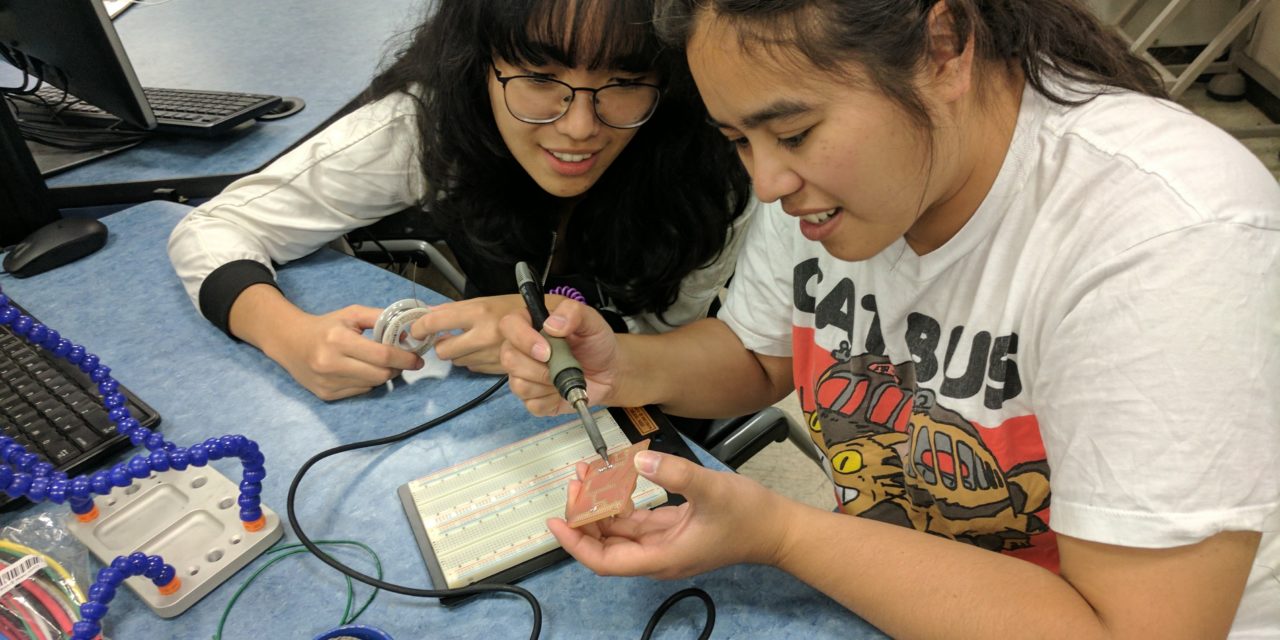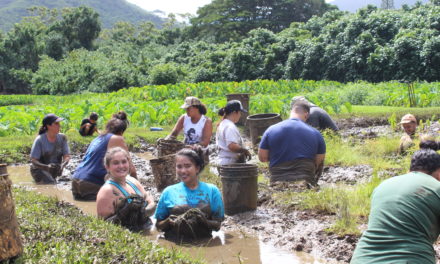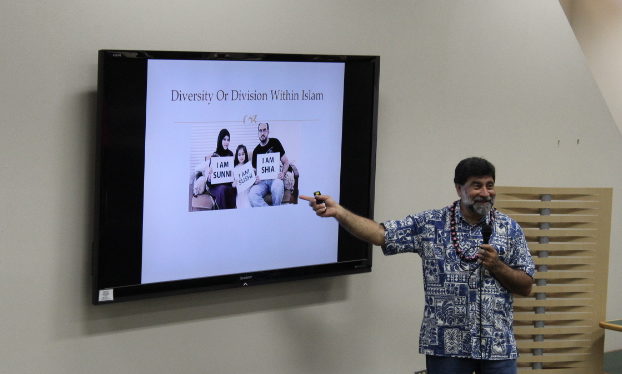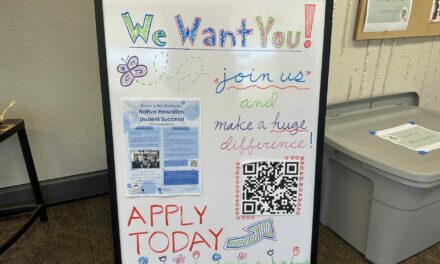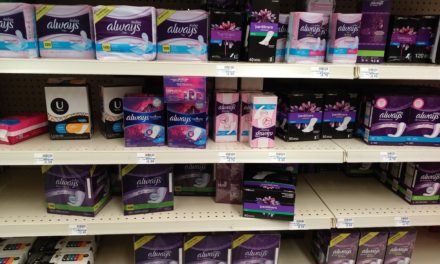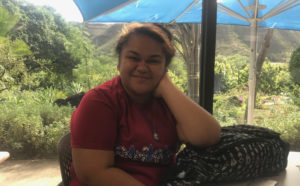By Lexus Yamashiro | Staff Writer
Within the last three years, KCC received three National Science Foundation (NSF) grants that support the education and increase of students in the Science, Technology, Engineering, and Math (STEM) program. With a little more than $1 million being distributed to the STEM program and its students, these grants continue to serve as monetary benefits that share the similar goal of addressing those in underrepresented minority groups in the STEM field and motivating them to pursue a STEM-related four-year degree.
The Pre-Engineering Education Collaborative II (PEEC II) Grant:
The PEEC II grant is one of the two NSF grants that KCC STEM director Maria Bautista is conducting to provide 10 students with the opportunity to earn calculus credits during a six-week summer bridge program held at KCC. Referred to as the Hawaiʻi Calculus Academy, students get to choose between enrolling in either Calculus 1, 2 or 3 and will have their tuition covered by the grant.
The grant is primarily being offered to students who are engineering majors and of Native Hawaiian ancestry but can be extended to those of other underrepresented minority groups such as Pacific Islanders and women in the engineering field. Applications to apply for the summer bridge program are sent via email to STEM students and upon review will be interviewed by KCC’s engineering coordinator Li-Anne Delavega.
Besides earning calculus credits, students who are accepted into this summer course will be working on an engineering project in which the topic is to be determined by the engineering faculty.
“The [engineering] projects that they do here, we try to align them with the projects at Mānoa so that when they transfer they are ready to participate in the laboratories of the faculty there,” Bautista said.
Ultimately, the purpose of the summer bridge program is what Bautista hopes will assist students in pursuing their engineering degree while allowing for a smooth transition to UH Mānoa. Bautista said that she anticipates that students will transfer to the College of Engineering at UH.
The deadline for the 2018 Hawaiʻi Calculus Academy is closed, but students have one more opportunity for the last summer bridge that will occur in 2019. The recruitment period and application deadline will be announced when the time draws nearer. Students who are interested in applying for next year’s summer bridge program can contact Li-Anne Delavega at ldelaveg@hawaii.edu or (808) 734-9440.
Strategic Transfer Alliance for Minority Participation (STAMP) Grant:
The STAMP grant is the second NSF award that Bautista is handling on campus to provide students with a scholarship for one semester ranging between $1,000-$1,500. Accepting only 12 students per semester, students who would be eligible for this award need to meet the requirements of having 30 or more credits already completed at KCC, pursue an Associate in Science and Natural Science (ASNS) degree, be an American citizen, and be of an underrepresented minority group such as Native Hawaiians, Pacific Islanders, and women (the grant is primarily being given to those of Native Hawaiian ancestry).
In order to apply for this award, students need to be referred by a faculty member in the STEM program. Upon receiving the scholarship, students will be working closely with the same faculty member to do either peer mentoring or undergraduate research. Students who decide to peer mentor will assist the faculty member’s class. Choosing to conduct undergraduate research will focus on a subject that the student is interested in investigating, provided that the materials needed to carry out the project can be purchased on a reasonable budget.
“Our goal is to help students transfer to a STEM degree in the university,” Bautista said. “We’re helping them out by giving them some funds when they do work like peer mentoring or they do undergraduate research. They are going to be given a stipend … [and] it’s something that can be used to buy books or bus pass or whatever they need. It’s not for tuition or anything.”
The deadline for this semester is closed, but students will be able to submit applications from Fall 2018 to Spring 2020. The application submission period for next semester will be announced. For more information or questions, students can contact Maria Bautista at mariab@hawaii.edu or (808) 734-9236.
Early-Concept Grants for Exploratory Research (EAGER) Grant:
KCC history professor Kelli Nakamura has been carrying out the EAGER grant to research potential barriers that students may be experiencing in the STEM field and how they can be removed. Collaborating with the University of Texas-Pan American and Oregon State University, Nakamura (who serves as the grant’s co-principal investigator) has been conducting research and interviews with students in the STEM program who come from underrepresented minority groups.
After speaking with 10 students who were females, Native Hawaiians, first-generation students, or of other minority groups who are pursuing a STEM-related degree, Nakamura found commonalities amongst these individuals.
“One of the findings that is very interesting, especially for students here in Hawaiʻi, it helps to have culturally based STEM education,” Nakamura said. “Many students reported understanding … theories of chemistry and chemical compounds better when they’re doing [activities with] lāʻau lapaʻau, Hawaiian medicinal plants.”
Having a hands-on experience and real-world examples that can tie in with the teachings in STEM are what STEM students expressed benefit the most in their learning and understanding of new concepts.
By this summer, the research being conducted for this grant will wrap up and all three institutions will meet to discuss its findings. The EAGER grant’s monies will go toward resources to support the findings that each institution has found beneficial to STEM students learning. Overall, Nakamura hopes that the studies that she carried out will help to face these learning barriers and address them appropriately to shape a better future for students in different STEM fields.

